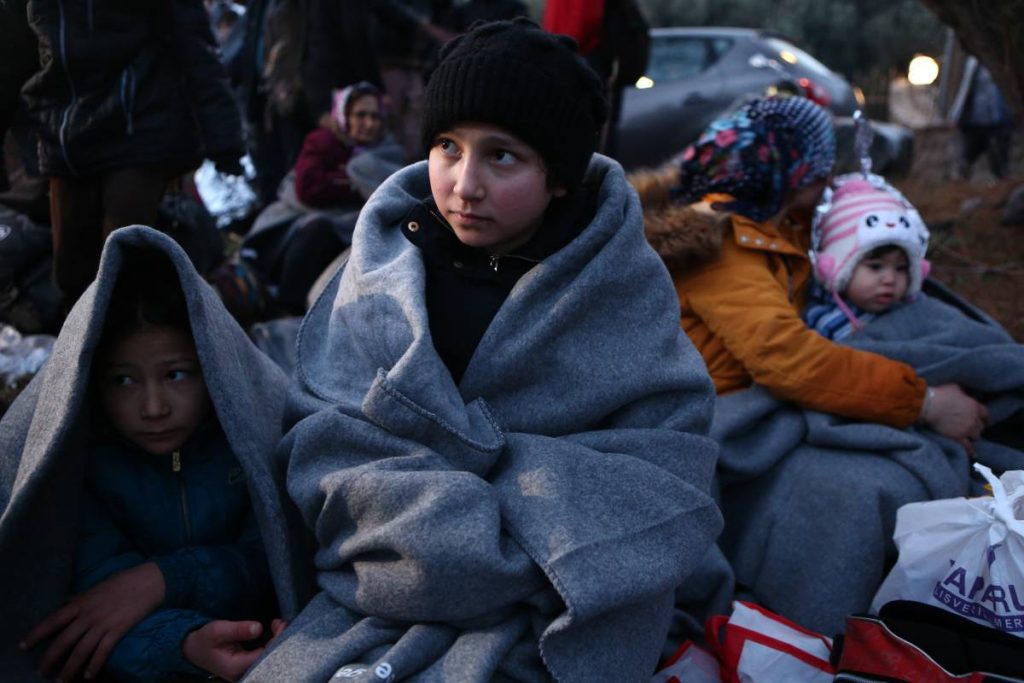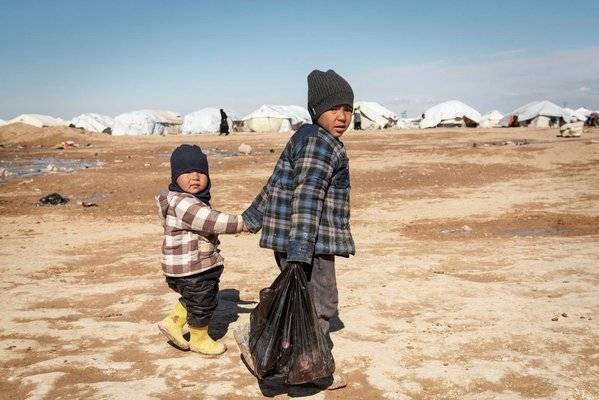Despite their transformation from an insurgency into a government charged with caring for a country of 38 million, suicide bombing remains a key strategy for the Taliban….reports Asian Lite News
Taliban government in Afghanistan, which wishes to get international donor agencies to help its struggling economy, has a lot to answer to the world on its continued pursuance of suicide bombing squads and child soldiers, according to a report.
Earlier, the Taliban went from an insurgency to a self-declared state when they entered the abandoned presidential palace five months ago.
The leadership immediately professed to have changed from their brutal rule of the 1990s in a desperate attempt to obtain recognition and foreign aid. However, it is clear that some unsettling elements are unlikely to change, as noted by National Interest.
Despite their transformation from an insurgency into a government charged with caring for a country of 38 million, suicide bombing remains a key strategy for the Taliban. After assuming power on August 15, the Taliban posted a picture of one of their Istish-haadi squads, displaying their vests, bombs, and improvised explosive devices on social media.

After all, the Taliban no longer needs to keep its suicide endeavours–and training schools–hidden deep in the mountains or in pockets across the Pakistani border, writes Hollie McKay for the National Interest.
During the war, they claimed suicide attacks only targeted the military, but the facts and figures prove otherwise. The crossfire has caught countless civilians over the years. Over the course of the war, scores of Afghans and some Americans were killed by suicide attacks everywhere, from outside North Atlantic Treaty Organization headquarters in Kabul to police stations and checkpoints to the Ministry of Defense and Shia neighbourhoods across the country.
On the other hand, almost all of the Taliban’s armed units have a wing for those who are ready and capable of doing the duty at any moment should they be needed. In particular, the elusive Haqqani Network has been deemed the most successful, carrying out hundreds of such attacks throughout the US occupation. The US-designated terrorist group now holds several key positions within the government, including the powerful position of minister of interior.
While the Taliban once used the tactic primarily against members of now-defunct Afghan National Forces, they now seek to use it against their rival colloquially known as the Daesh.
In many ways, the emirate has sent the message that its dedication to the cause is what makes it strong and that its internationally illegal practice is a response to the West’s well-grounded and expensive military capabilities and technology.
Child soldiers are one of the six “grave violations” against children listed by the United Nations and are banned by the Geneva Conventions and the Convention on the Rights of the Child. Additionally, opponents of such a crime claim that opposing forces too readily detain children for their involvement in the conflict instead of rehabilitating and treating them as victims of war.
Afghanistan ratified the UN Convention on the Rights of the Child in 1994, two years before the first Taliban regime came to power. In practice, however, the signing seems to have been of little effect, as noted by National Interest. (ANI)

Leave a Reply